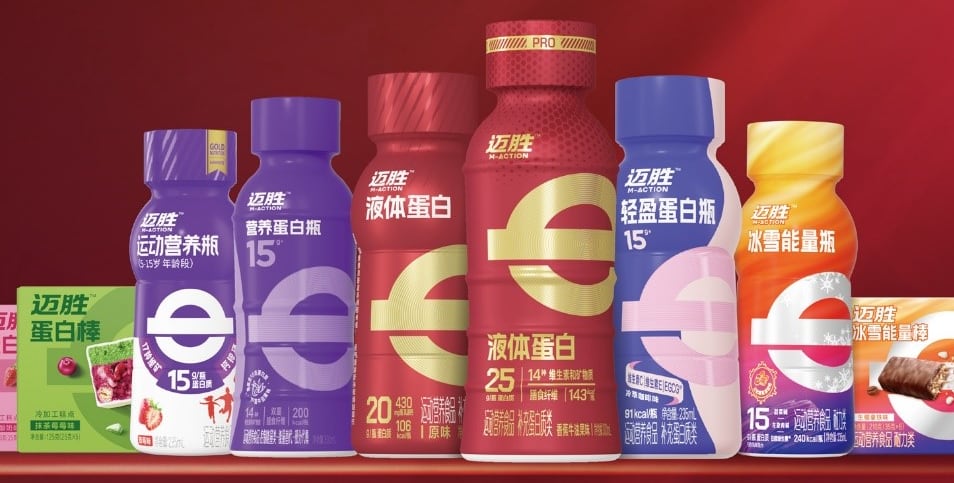This is after specialty ingredient manufacturer Balchem’s MSM ingredient branded OptiMSM has been granted by Japan’s Consumer Affairs Agency (CAA) for use in FFC and make joint health claims, with a daily dose of 2,000mg.
MSM is widely used in dietary supplements brands in Japan.
However, OptiMSM is said to be the first MSM granted for use in FFC - a unique feature of Japan’s foods with health claims system.
The system also consists of Foods for Specified Health Uses (FOSHU) and Foods with Nutrient Function Claims (FNFC).
In particular, FFC can make a specific health claim so long as it is backed by evidence from systematic review or clinical trials.
The information will also need to be notified to the Consumer Affairs Agency (CAA) which oversees these products.
According to Balchem, the approval was based on a study conducted on the Japanese population showing MSM supplementation at 2,000 mg daily for 12 weeks could improve overall joint health and comfort in individuals experiencing mild pain in knee joints.
“The ingredient has been reported to help with everyday mobility, such as standing for an extended period of time and getting up in the morning,“ Jessica Arnaly, Senior Marketing & Business Development Manager, Balchem Human Nutrition & Health said.
Scientific support
Conducted on healthy individuals with mild pain in the knee joint, the study results published in Nutrients in 2023 showed significant improvements in the intervention group versus the placebo in terms of morning pain, pain while standing, and health condition - as assessed by the Japanese Knee Osteoarthritis Measure (JKOM) questionnaires.
“As a source of sulfur, MSM is a critical component in the building blocks of joints and connective tissues, providing cartilage with much-needed nutrients and helping maintain joint comfort,” added Arnaly.
Elsewhere in the US, OptiMSM has already received a GRAS (Generally Recognized As Safe) letter of non-objection from the US FDA.
In foods
Japan’s population aged 65 and above reached 36.25 million last year, and functional foods are typically the “preferred choice” over conventional dietary supplements among the elderly, according to Arnaly.
She revealed that one of the customers is exploring how OptiMSM could be combined with tea powder.
Balchem itself also hopes to explore new delivery formats such as powdered beverages to energy bars, liquid shots, dairy and beverage products, snack bars, gummies and more.
“Functional foods are typically the preferred choice over dietary supplements among the elderly.
“Manufacturers can now take advantage of the FFC approval for OptiMSM and seize the opportunity to offer more functional food choices to consumers in Japan, by carefully formulating new joint health solutions with a desirable taste and texture,” she said.





